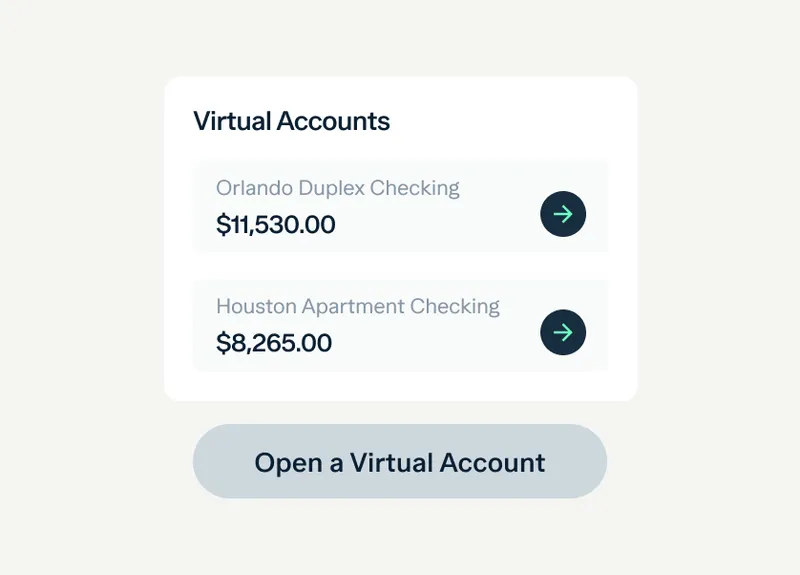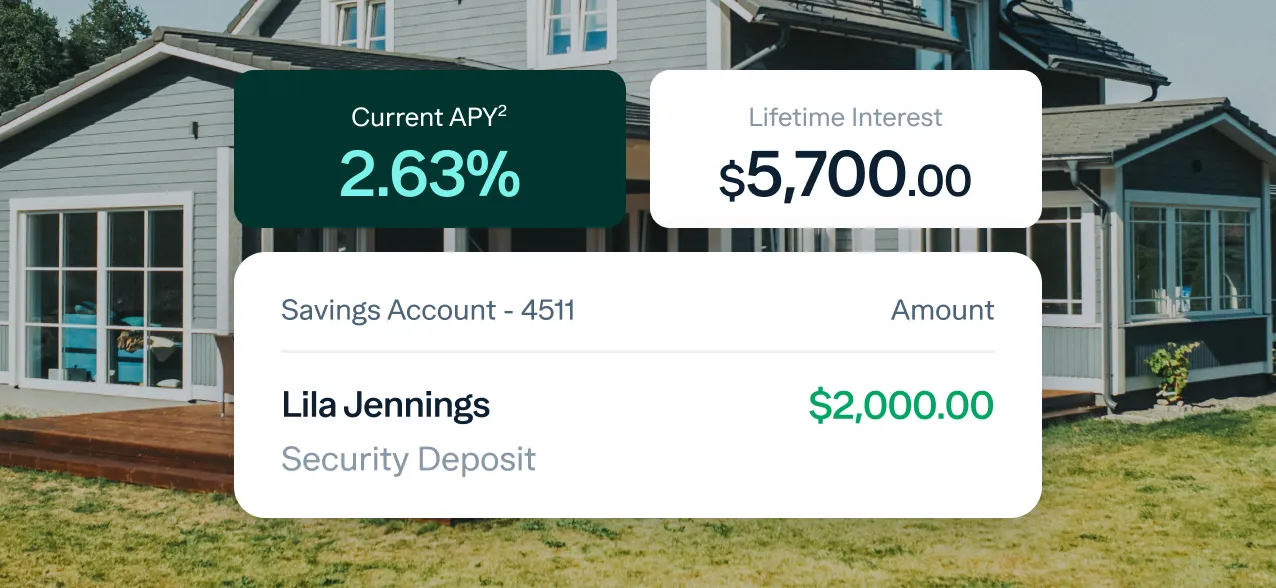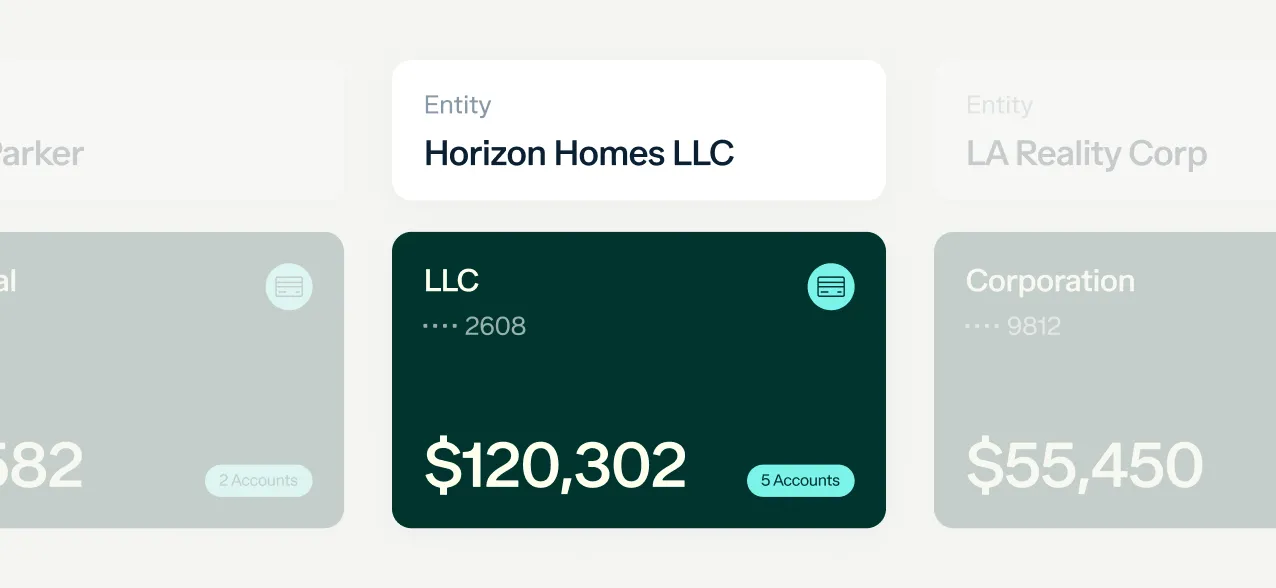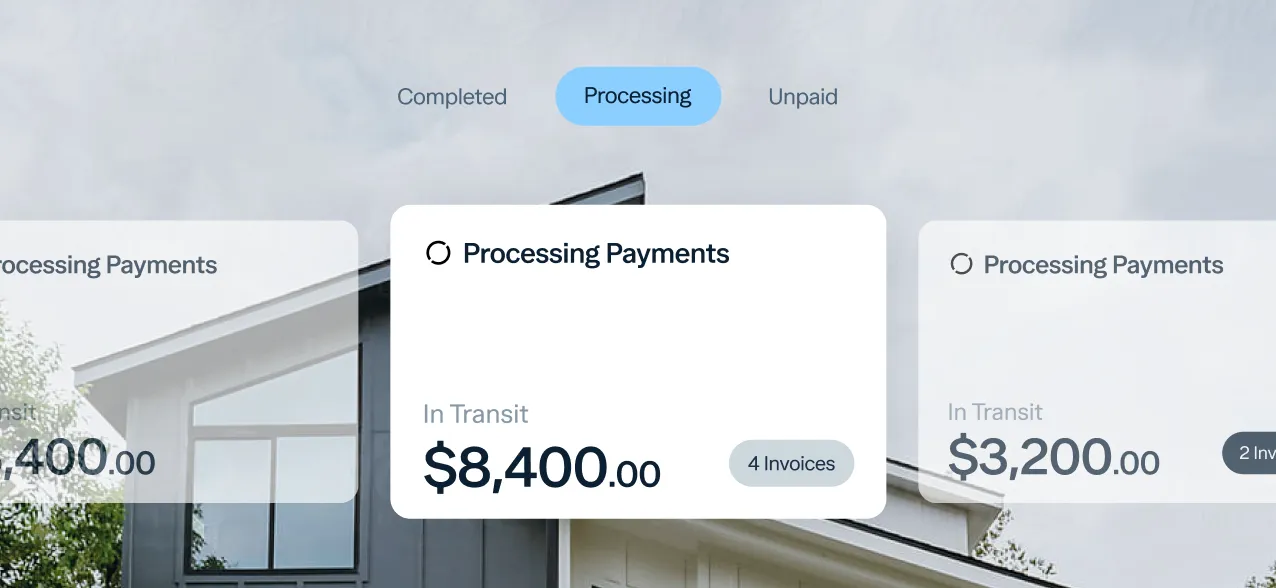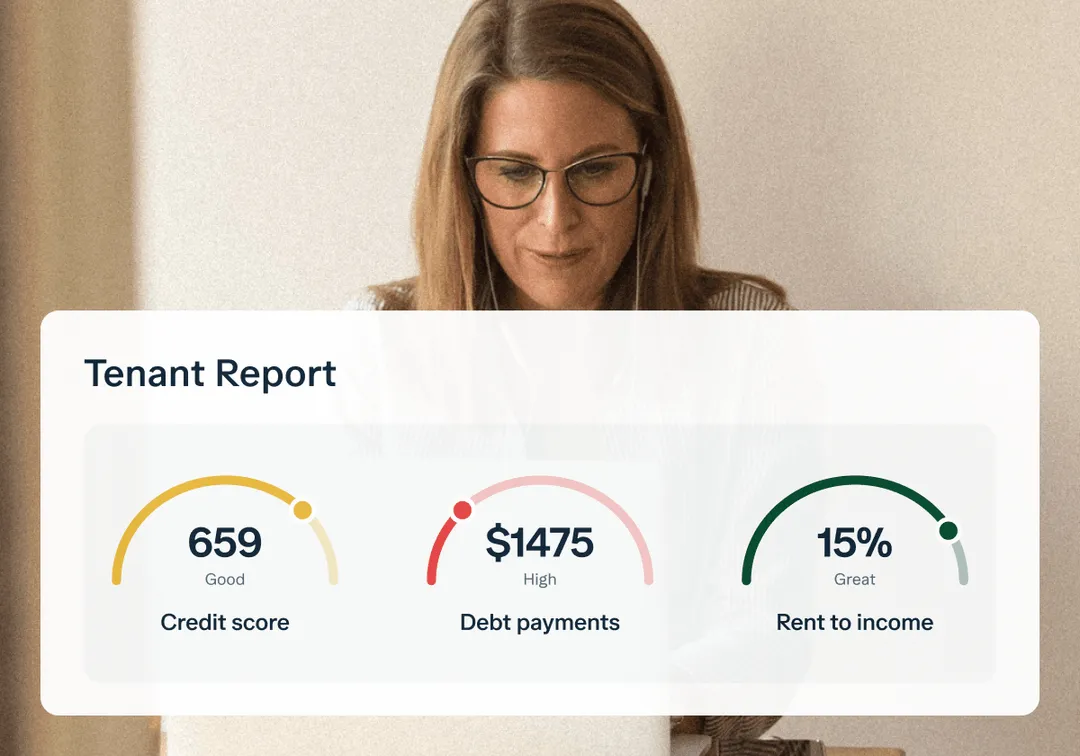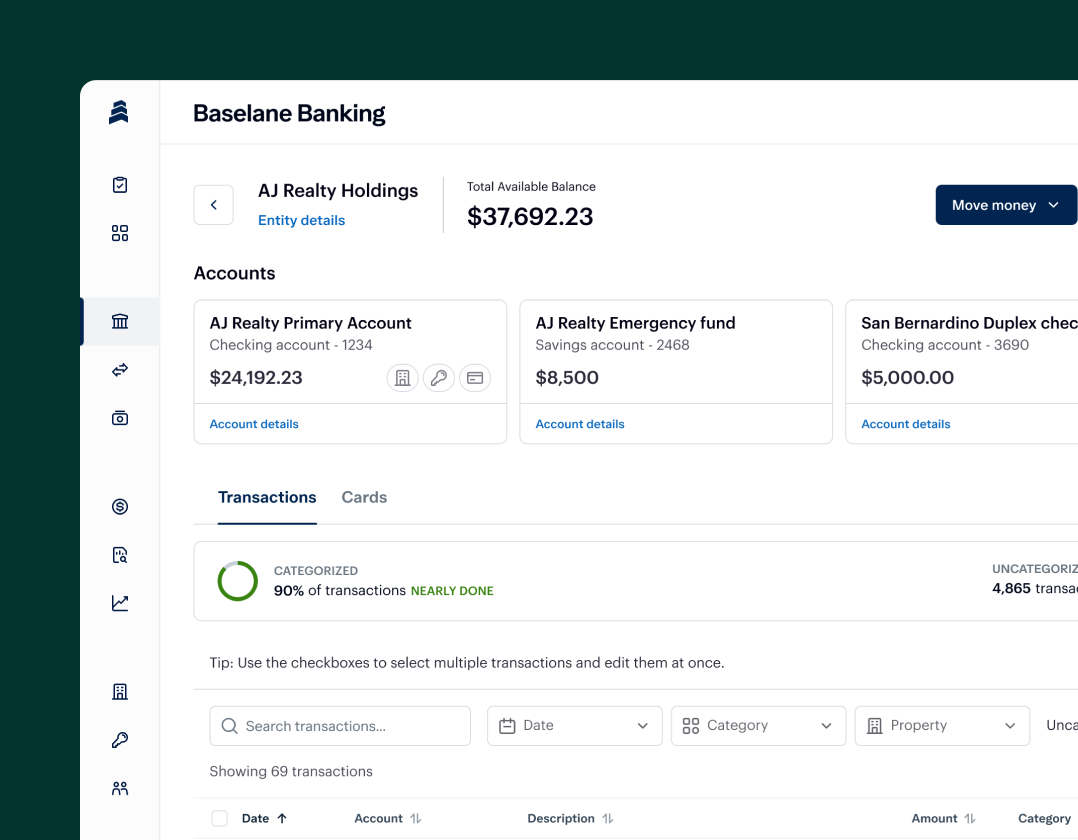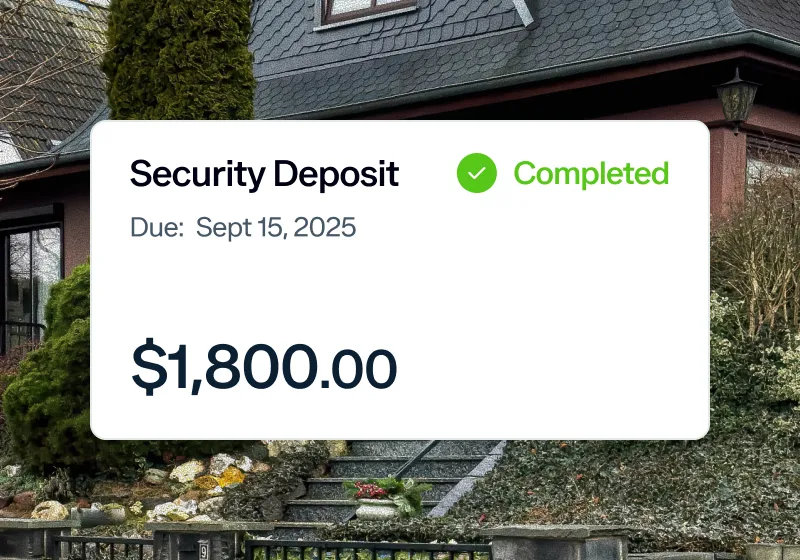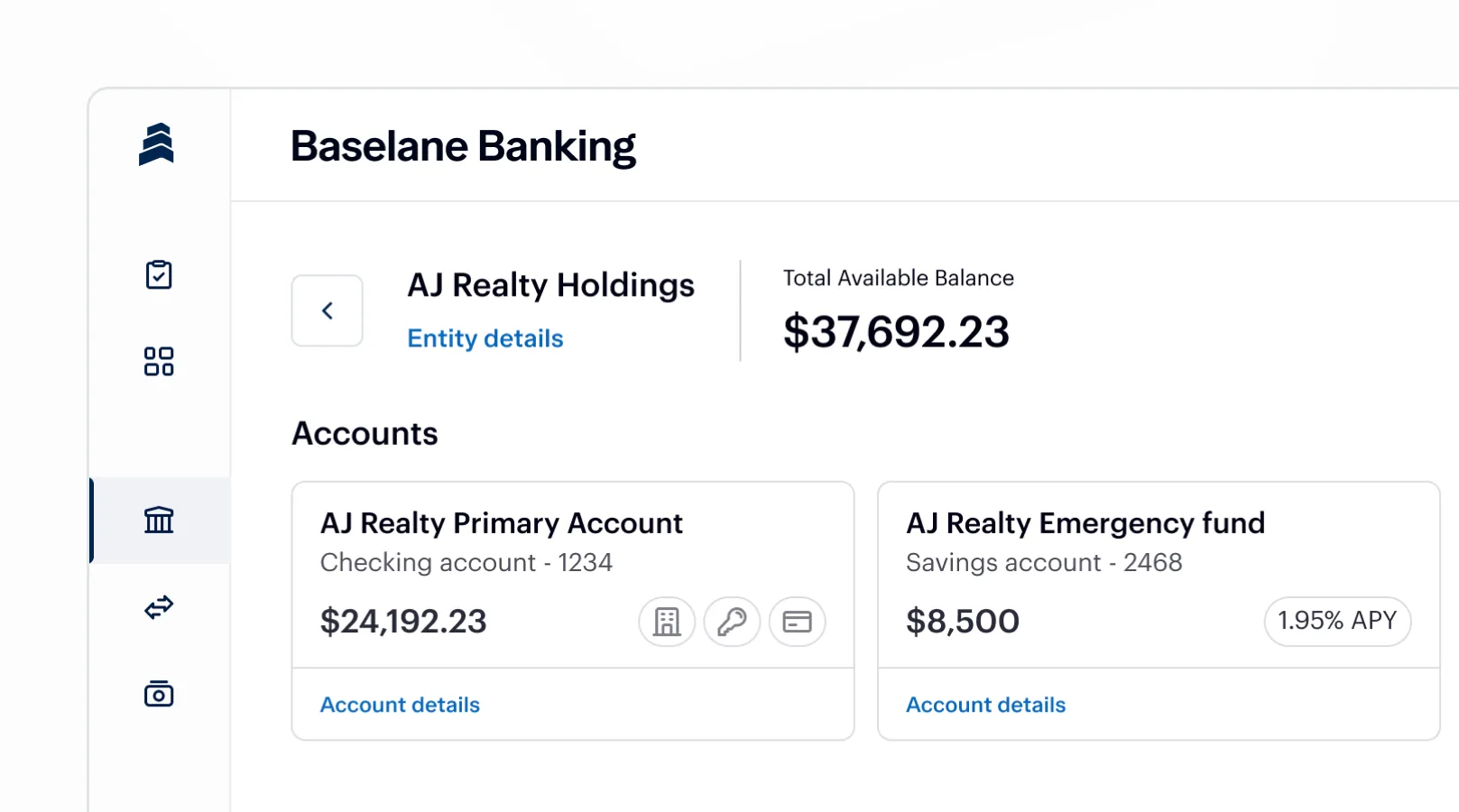In Kentucky, no legal limit applies.
Security deposit rules in {{ state }}
Limit: In Kentucky, there is no statutory limit on the amount a landlord may charge for a tenant security deposit. Most landlords typically collect an amount equal to one month’s rent, though the exact tenant deposit can vary based on credit history, rental background, or risk factors such as pets. The amount must be clearly stated in the lease agreement, and landlords are strongly encouraged to hold funds in a dedicated security deposit bank account in Kentucky to ensure compliance and transparency.
Return Deadline: The landlord must return the tenant security deposit within 30 to 60 days after the tenant vacates the rental property, depending on whether the tenant disputes any deductions. If deductions are made, the landlord must provide an itemized list of damages and related costs within 30 days. If the tenant disagrees, they have 60 days to take legal action before forfeiting their claim to the deposit.
Acceptable Deductions: The tenant security deposit may be used to cover unpaid rent, late fees, damages beyond normal wear and tear, and reasonable cleaning or repair expenses needed to restore the rental to move-in condition. The landlord must provide documentation, such as receipts or estimates, for each deduction from the tenant deposit.
Where to Deposit: Kentucky law requires landlords to hold tenant deposits in a separate, federally insured escrow account at a financial institution located in Kentucky. Before collecting the deposit, the landlord must disclose the name and address of the bank where the funds will be kept. The landlord must also provide the tenant with a written, itemized list of any existing damages to the unit before move-in. While no specific security deposit interest rate is mandated, maintaining a security deposit escrow account in Kentucky or a landlord tenant security deposit bank account in Kentucky ensures legal compliance and safeguards tenant funds.














